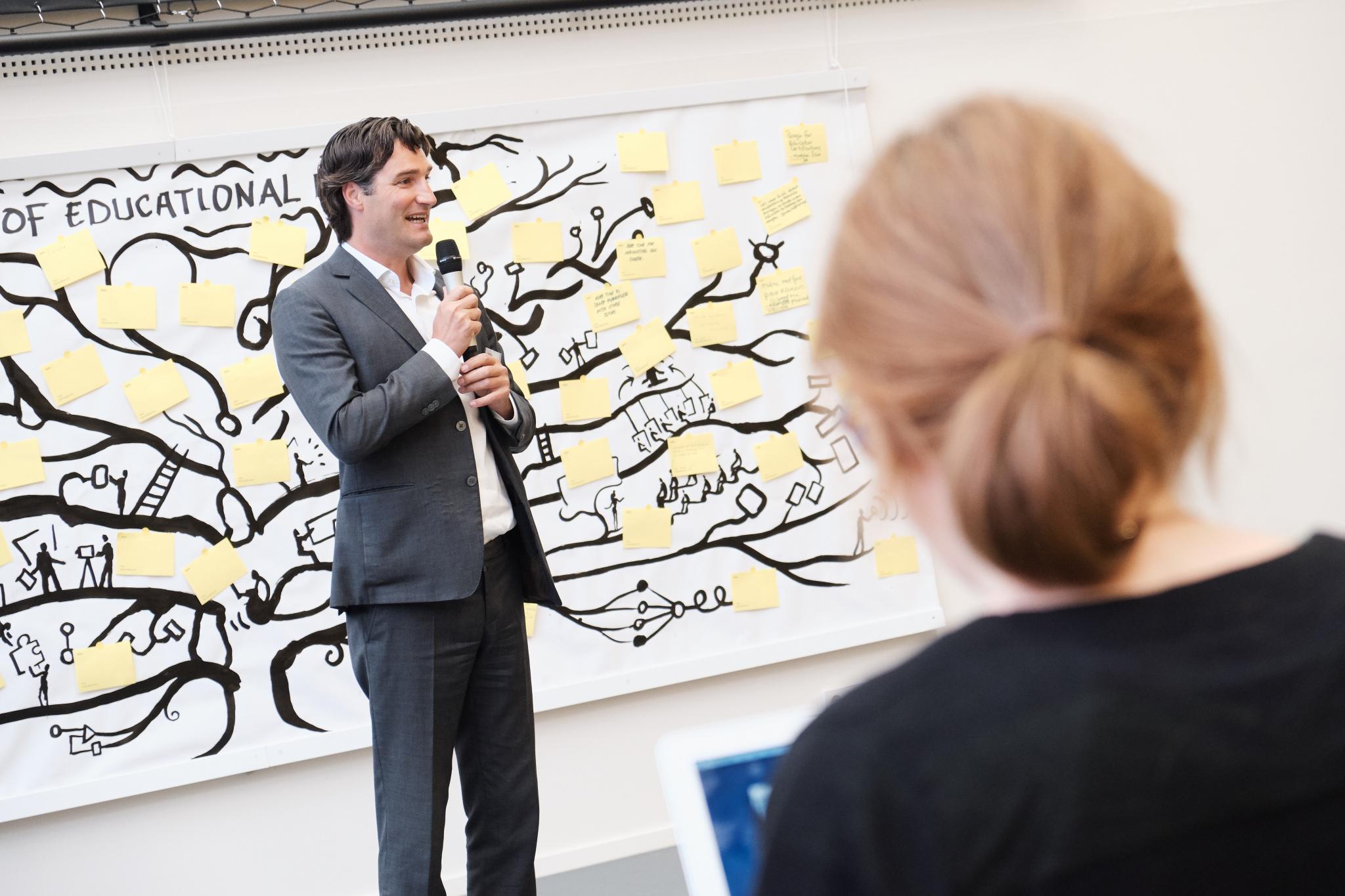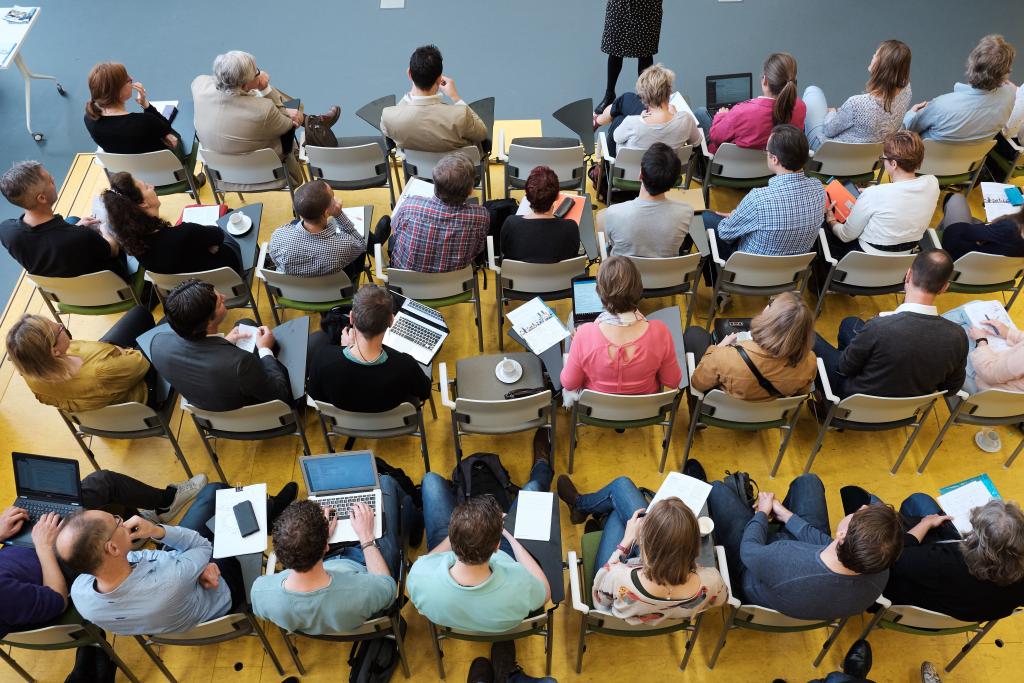October 13th 2017
Teaching Lab TU Delft
In this Innovation Room we shared the latest research, expertise and experiences in the field of Analyzing Data about student’s behaviour, performance and results. What can we learn; how can we optimize the learning environment to help students perform better? And what students engagement can be distilled out of analysing educational datasets?
Learning and Academic analytics have been eminent topics in the last couple of years. The field of Academic Analytics can help institutions to address student success and accountability. On the other hand, the field of Learning Analytics offer tools and technologies that provide a rich atmosphere to do proper interventions and improve education in general. Both fields are outlined by their goals in improving the whole learning process and the environment by which learning takes place.

After Timo Kos welcomed the participants, our invited experts presented the latest insights in the field:
Prof.dr. Tinne de Laet of KU Leuven showed us results of the ABLE and the STELA projects, including the lessons learnt:
- start with the data available
- think beyond the obvious
- feedback must be actionable
- keep Learning Analytics in mind when designing learning activities,
- include all available expertise
- create a checklist to evaluate tools and resources
- design for scalability
- before impact, acceptance is required
- collaborate and experiment to convince management
Presentation can be found at: https://www.slideshare.net/TinneDeLaet/learning-analytics-for-online-and-oncampus-education-experience-and-research?qid=bae8cf39-dd6e-4a2c-bd77-f0086d86e936&v=&b=&from_search=1
Dr. Maartje van den Boogaard, researcher at Leiden University shared a Learning Analytics Failathon: she showed us her mistakes (and those of others) so we don’t have to make them. She gave the audience some take home messages:
- Don’t wait, get started!
- Use the data you already have and that you know how to interpret: small data analytics
- Look for actionable data and a theory on why it will work. What are the active ingredients here?
- Know that it will be trial and error: be prepared to learn from your students why something does or does not work and be prepared to tinker.
Dr. Mohammad Khallil, postdoc at LDE CEL, presented his research on ‘Learning Analytics potential in understanding student interaction in MOOCs’. He defined some research questions on different levels and showed the audience his findings.
Dr. Nynke Bos, researcher at ICLON Leiden, shared her research about ‘Opportunities and Challenges in Using Learning Analytics in Learning Design’. After explaining the Learning Analytics Process Model she focused on behaviour change of learners and it’s relation with Learning Design.

